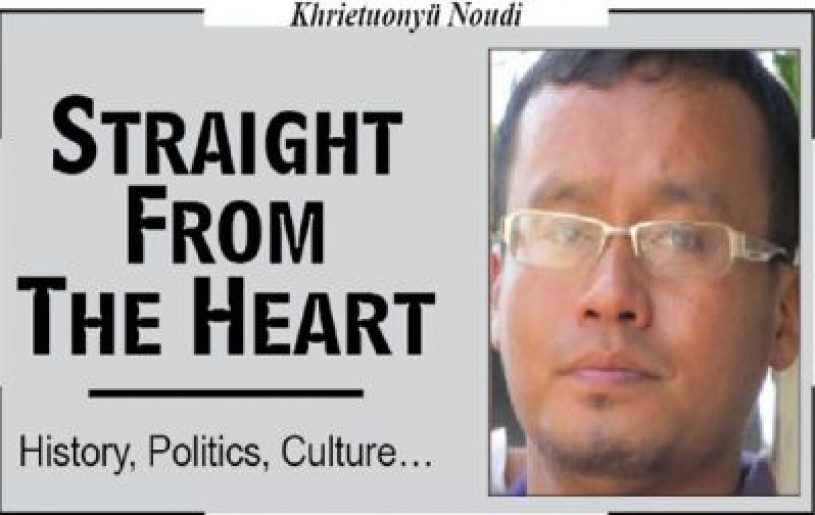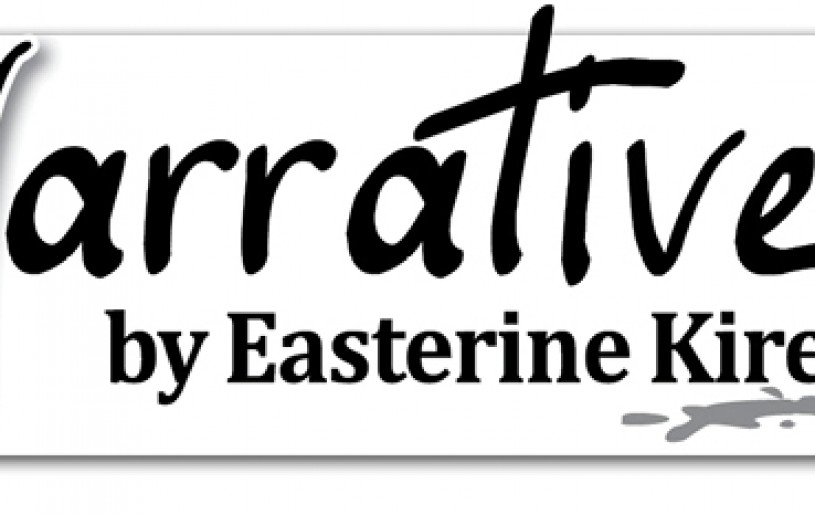
 I love my mother tongue, and for that matter I love your mother tongue too. I wish I could live multiple lives experiencing the different cultures that each language carries, for language is the biggest carrier of culture. As a student of translation studies, I learnt that that the major problem of translation was cultural untranslatability. Translation could proceed as long as you could find equivalent experiences in the target language; the target language being the language into which the original text (also called source language) is being translated into. In the decade that machine translation was discovered it was hailed as the solution to translations at UN discourses. It wasn’t long before it became apparent that a machine could not do what only the human brain could perform, that is drawing from experience and knowledge to interpretthe nuances behind apparently innocent words. The same applies to culturally loaded words and phrases. The real challenge of translation is not a dearth of words, but a vacuum created by the lack of the specific cultural experience in English that the native text and phrase conveys. Several times a native speaker of another language would stop in his narrative and sigh or shrug and state in resignation, ‘You won’t understand. It is something we have in our culture.’ When he or she says that its clear that the essence of the expression cannot come across to someone who is not privy to the native language and its culture. This is a familiar scene for Nagas and the multiplicity of languages that we have been blessed with. Of course, the speaker tries as best as possible to explain, and to interpret the culturally untranslatable concept but both you and they know that you would never fully get it. That brings me to an aspect of Tenyidie that I call the double-barrelled words. I would be very curious to know if other tribal languages have this characteristic as well. Instead of using one single word to describe something, there are double-barrelled words for many different situations in life. They are quite untranslatable in essence. Yet they are so much part and parcel of the language that at some point or other you would hear a user borrowing some of the D-B words. Here’s a sample which is by no way exhaustive: Kelhokemezie can be translated to English as sickness, but that does not cover the gamut of the whole experience of being totally overcome by sickness to such an extent that one is unable to function normally. It is the polite way to excuse oneself from social events that one failed to attend. There are no corresponding D-B words that we can use in English to represent the richness of the native language. It is all the more reason why we should endeavour to value our languages and teach them to our children and the generations that come after them. Another D-B expression is teisei-teichü. It means cold, but it is used to convey extreme weather conditions where cold (teisei) is so accentuated that it has turned painful (teichü). It visually evokes harsh, icy winds and Siberian temperatures. Pepoupelou comes from the word cüpou which means long-lasting grain. It is a blessing of abundance and long life upon harvests when they are brought home. Again, the target language requires a sentence or two to explain what the D-B words mean. Kevikekuo simply means goodness and might, but they sound so much better as a D-B word, instead of being left to stand alone on their own. The cross is referred to as the PephiPedou sei. It means the wood that goes across the vertical wood. I don’t like my interpretation here and it is always a problem to come up with a satisfying equivalent word or phrase in English. Yet these are not drawbacks and they are what go to make our native languages so rich and profound. I count it an earthly privilege to be a native language speaker and I do acknowledge it proudly here.
I love my mother tongue, and for that matter I love your mother tongue too. I wish I could live multiple lives experiencing the different cultures that each language carries, for language is the biggest carrier of culture. As a student of translation studies, I learnt that that the major problem of translation was cultural untranslatability. Translation could proceed as long as you could find equivalent experiences in the target language; the target language being the language into which the original text (also called source language) is being translated into. In the decade that machine translation was discovered it was hailed as the solution to translations at UN discourses. It wasn’t long before it became apparent that a machine could not do what only the human brain could perform, that is drawing from experience and knowledge to interpretthe nuances behind apparently innocent words. The same applies to culturally loaded words and phrases. The real challenge of translation is not a dearth of words, but a vacuum created by the lack of the specific cultural experience in English that the native text and phrase conveys. Several times a native speaker of another language would stop in his narrative and sigh or shrug and state in resignation, ‘You won’t understand. It is something we have in our culture.’ When he or she says that its clear that the essence of the expression cannot come across to someone who is not privy to the native language and its culture. This is a familiar scene for Nagas and the multiplicity of languages that we have been blessed with. Of course, the speaker tries as best as possible to explain, and to interpret the culturally untranslatable concept but both you and they know that you would never fully get it. That brings me to an aspect of Tenyidie that I call the double-barrelled words. I would be very curious to know if other tribal languages have this characteristic as well. Instead of using one single word to describe something, there are double-barrelled words for many different situations in life. They are quite untranslatable in essence. Yet they are so much part and parcel of the language that at some point or other you would hear a user borrowing some of the D-B words. Here’s a sample which is by no way exhaustive: Kelhokemezie can be translated to English as sickness, but that does not cover the gamut of the whole experience of being totally overcome by sickness to such an extent that one is unable to function normally. It is the polite way to excuse oneself from social events that one failed to attend. There are no corresponding D-B words that we can use in English to represent the richness of the native language. It is all the more reason why we should endeavour to value our languages and teach them to our children and the generations that come after them. Another D-B expression is teisei-teichü. It means cold, but it is used to convey extreme weather conditions where cold (teisei) is so accentuated that it has turned painful (teichü). It visually evokes harsh, icy winds and Siberian temperatures. Pepoupelou comes from the word cüpou which means long-lasting grain. It is a blessing of abundance and long life upon harvests when they are brought home. Again, the target language requires a sentence or two to explain what the D-B words mean. Kevikekuo simply means goodness and might, but they sound so much better as a D-B word, instead of being left to stand alone on their own. The cross is referred to as the PephiPedou sei. It means the wood that goes across the vertical wood. I don’t like my interpretation here and it is always a problem to come up with a satisfying equivalent word or phrase in English. Yet these are not drawbacks and they are what go to make our native languages so rich and profound. I count it an earthly privilege to be a native language speaker and I do acknowledge it proudly here.






